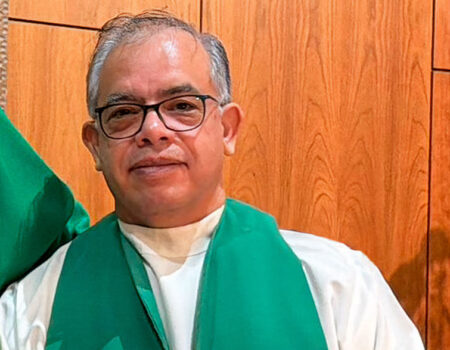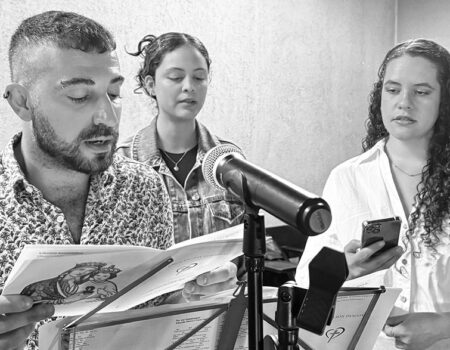Called to show the true face of Christ
Tuesday October 22, 2024

In its decree Ad Gentes, the Second Vatican Council stated that ‘The pilgrim Church is, by its very nature, missionary’ (AG, 2). In this month of October, when the Church is dedicated to studying, meditating and reflecting on this theme, as well as missionary and evangelisation activities, it will be edifying to revisit this Council teaching, namely that the Church, in its essence, is missionary. It will also help to remember the concept of the Church as the People of God, which the same Council revived, because it will then be possible to understand that the Church’s mission is carried out through all her children, that is, all the baptised and not just ordained ministers and consecrated religious.
Every Christian must see themselves as a missionary because ‘all the members [of the Church] are called to feel their missionary duty as their own in all times and places, and not only in specific times and places, entrusting the mission only to a few delegates’ (RASCHIETTI, 2011). Of course, the understanding that all the baptised are missionaries does not exclude or diminish the fact that some specific places require the presence of Christians, missionaries ad gentes, for the proclamation of the Gospel and the establishment of the Church, given the advent of the Kingdom of God. That said, the attitude of those who remain in their homes and dioceses must be one of cooperation with the missions in distant places, and one of the ways to cooperate is to pray for the missions and for missionaries, as well as to promote a missionary culture.
One truth that needs to be known is that ‘it is God’s mission with which we are called to co-operate. For this reason, this cooperation is rooted and concretised, above all, in being personally united to Christ’ (cf. CNBB: Mission and Cooperation, 25). Baptism, Confirmation and the Eucharist, that is, the sacraments of Christian Initiation, incorporate and configure the faithful to Christ (cf. AG, 36), so the disciple becomes a missionary because united to Christ, he is called to participate in his life and mission. Jesus’ mission is all described in the Gospels, but especially in the words that inaugurate his public ministry: ’The Spirit of the Lord is upon me because he has anointed me. He has sent me to proclaim the gospel to the poor: to set the captives free and the blind recover their sight, to set the oppressed at liberty, to proclaim a favourable year from the Lord’ (Lk 4:18-19).
Missionary action is a commitment that springs from following, which must lead to a search for ‘social transformation through the values of the Gospel in the concrete lives of people and peoples’ (CNBB: Mission and Co-operation, 2016, 18). The following and missionary action carried out by the disciple must not be an imitation, like a theatre, but a configuration to the Master, that is, allowing the words and actions of Jesus to be one’s own, taking into account that ‘whoever eats my flesh and drinks my blood abides in me, and I in him’ (Jn 6:56), that is, the disciple and missionary must be united to the Lord, because the word abide in this Gospel story indicates intimacy and union.
The mission of every baptised person is first and foremost to proclaim and witness to the virtues and style of the Gospel in their daily lives, wherever they may be, in other words, ‘to show the true face of Christ’ (cf. AG, 38). Pope Paul VI, a saint of our times, recalled in Evangelii Nuntiandi that ‘to evangelise is first of all to bear witness, simply and directly, to God revealed through Jesus Christ in the Holy Spirit. To bear witness that in his Son he loved the world; that in his Incarnate Word he gave being to all things and called people to eternal life’ (EN, 26).
Leonardo Agostinho, MSC





